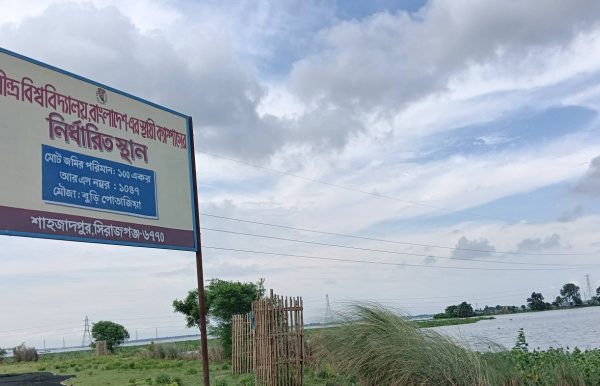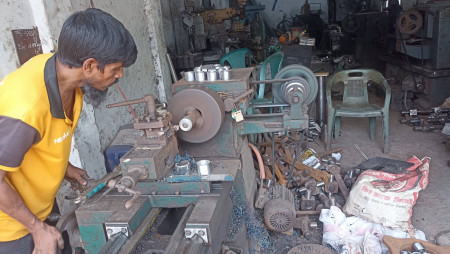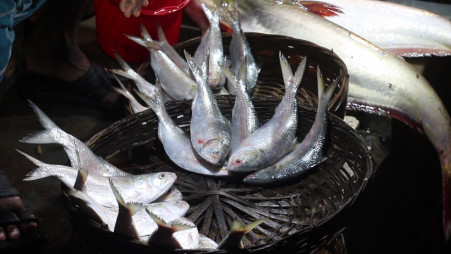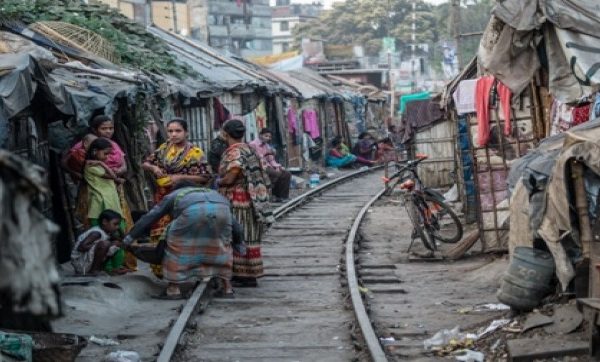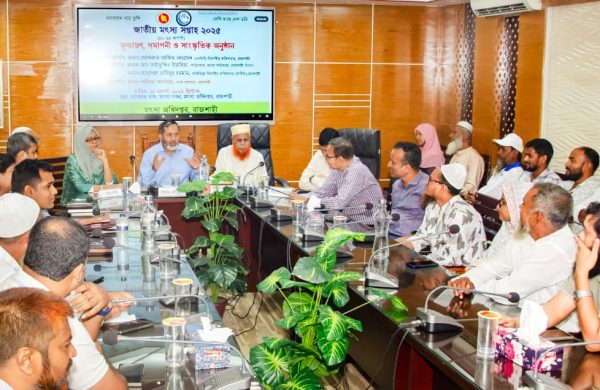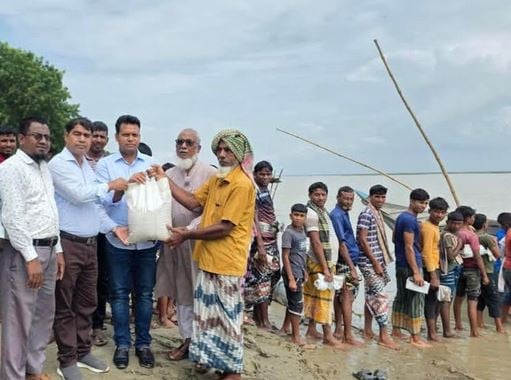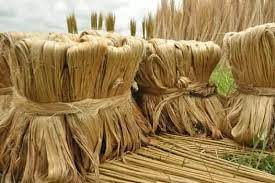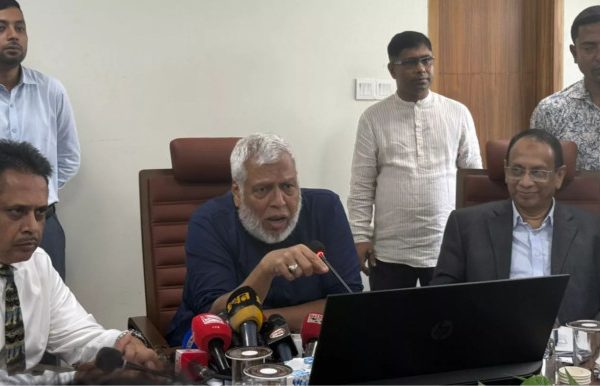BD sets a record of fishing
- Update Time : Wednesday, July 23, 2025
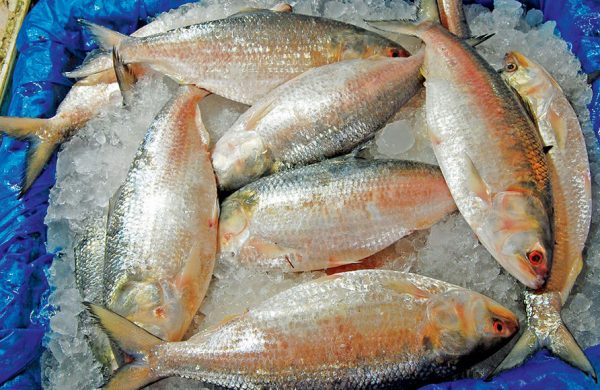
Staff Correspondent:
Forget just hitting targets; Bangladesh is not just cruising along anymore. It is now surging past milestones, making truly fin-credible waves that are catching the world’s attention.
In the 2023-24 fiscal year, the country’s fish production did not just dip a toe in the water – it dove in headfirst, crossing the 5-million-ton mark for the first time in history.
To be precise: 5 million 18 thousand tonnes of fish were harvested. That is enough fish to fill over 2,000 Olympic-sized swimming pools!
This is not just a number – it is a national triumph. And while official figures for 2024-25 are yet to be made public, the Department of Fisheries is already smiling: production is expected to surpass last year’s record, thanks to smarter farming, stronger policies, and a deep-rooted love for maachh (fish) in every Bengali heart.
FROM 3RD TO 2ND: BANGLADESH RISES IN GLOBAL FISH RANKINGS
In 2024, Bangladesh made a splash on the world stage jumping from third to second in freshwater fish production globally. This achievement was confirmed in the World State of Fisheries and Aquaculture 2024 report by the UN’s Food and Agriculture Organization (FAO). Only China now swims ahead.
And the star of the show? Hilsa – the silver queen of Bengali cuisine. In one year alone, Bangladesh produced 529,000 tonnes of this beloved fish, securing the top spot worldwide in hilsa production.
HOW BANGLADESH FARMING ITS WAY TO THE TOP
Bangladesh now harvests fish from 4.7 million hectares of water – roughly the size of Denmark. Among the harvests, 29.78 lakh tonnes come from aquaculture (ponds, cages, tanks), 14.11 lakh tonnes from rivers, haors, and floodplains, and The rest from marine waters.
Fifty-six per cent of all fish comes from man-made ponds. Thanks to scientific fish farming, production has increased six fold in the past 30 years. From traditional ponds to modern beel and river-based farming, innovation is flowing like a monsoon river.
Dr Md. Motaleb Hossain, Director of Inland Fisheries, puts it simply: “We’ve had a decade-long revolution in fish farming. It’s not just government effort—it’s a collective movement. Conservation of native species, seasonal fishing bans, and fish-friendly policies have all paid off.”
MORE FISH, MORE FOOD, MORE JOBS
The benefits go far beyond the dinner plate. Per capita fish consumption has risen to 67.80 grams per day, above the recommended 60 grams.
The fisheries sector contributes 2.53 per cent to national GDP and a whopping 22.26 per cent to agricultural GDP.
Around 2 crore million people, over 12 per cent of the population, including 1.4 million women, depend on fisheries for their livelihood.
And yes, Bangladesh is exporting its success too.
In 2023-24, Bangladesh exported 77,000 tonnes of fish and seafood, earning Tk 45o crore in foreign exchange. Ninety-nine per cent of national fish exports come from shrimp and other aquaculture products making our blue economy a golden opportunity.
GLOBAL RANKINGS: BANGLADESH SHINES BRIGHT
Bangladesh is making a significant splash on the global stage, leading the world in hilsa production. The nation is also a major player in aquaculture, ranking 4th globally and 3rd in Asia for Tilapia farming. A rising star in sustainable aquaculture
THE FUTURE IS HIGH-TECH: MODERNISING FISH FARMS
To keep the momentum going, the government has launched a Tk 372 crore project (2024–2028) to modernise 113 government fish hatcheries and farms across 56 districts. The goal? Boost production by another 30 per cent using advanced breeding techniques, digital monitoring, and climate-resilient practices.
This year’s National Fisheries Week (July 23–29, 2025) carries the theme: “Build Sanctuaries, Fill the Country with Indigenous Fish.”
A call to protect native species like Pabda, Shing, and Magur during breeding seasons in haors and beels —ensuring future generations can taste the real flavour of Bangladesh.
A NATION THAT LIVES BY THE NET
From the muddy banks of the Padma to the coastal shrimp farms of Cox’s Bazar, fish is not just food, it is identity, income, and pride.
As Professor Abdul Wahab of Bangladesh Agricultural University says: “Protect our small, nutritious fish during breeding season, and we won’t just increase quantity – we’ll boost health and biodiversity too.”


